Romanian Muddy Volcanoes
Muddy volcanoes are formations created by natural gas coming from over 3,000 meters deep, which pass through a clay soil in combination with groundwater. The gas pushes the surface of water mixed with clay. The sludge formed by them comes to the surface and, in those places, it dries in contact with the air, forming some conical structures similar to volcanoes. The surface mud is cold because it comes from the clay layers.
There are around 1,100 mud volcanoes in the world. In Europe there are very few marshy volcanoes on the continent, such as those in Azerbaijan, but many are still under sea, such as Norway mud volcanoes, the Caspian and Barents seas. Outside Europe, similar phenomena can be seen in Siberia, Australia and the Caribbean island of Trinidad.
In Romania, the most famous and most spectacular are the mud volcanoes from Beciu in Buzău Subcarpathians, between Berca and Arbănaşi. There are also muddy volcanoes from Pâclele Mari and Pâclele Mici, which, as well as their specific vegetation (with the endemic species Nitraria schoberi and Obione verrucifera), are part of a natural reserve.
The Muddy Volcano Reserves, where the soil boils, stretches over 30 ha between the localities of Bucegi Scortoasa and Berca and consists of 4 areas: La Fierbatori, Pâclele Mari, Pâclele Mici and Beciu.
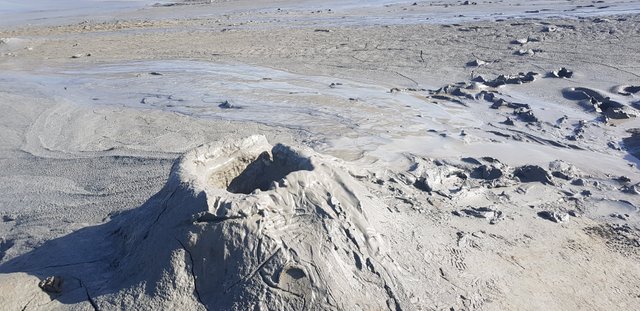
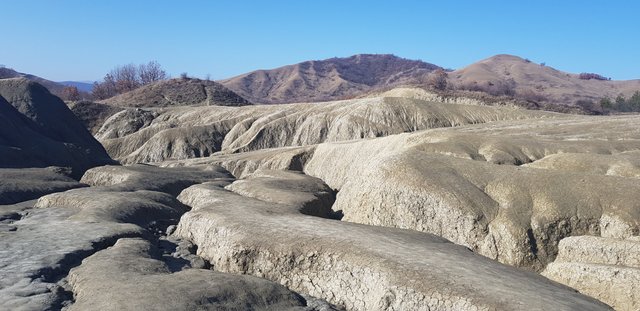
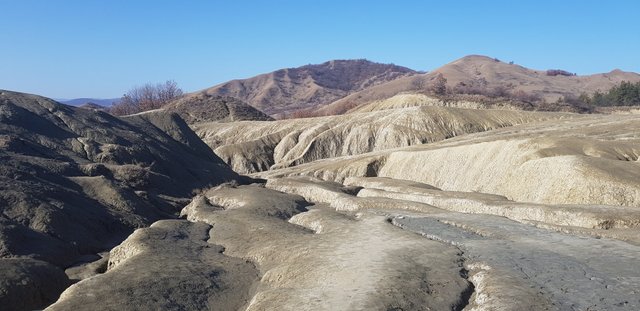
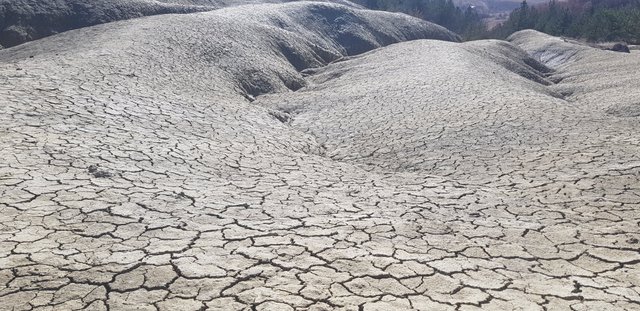
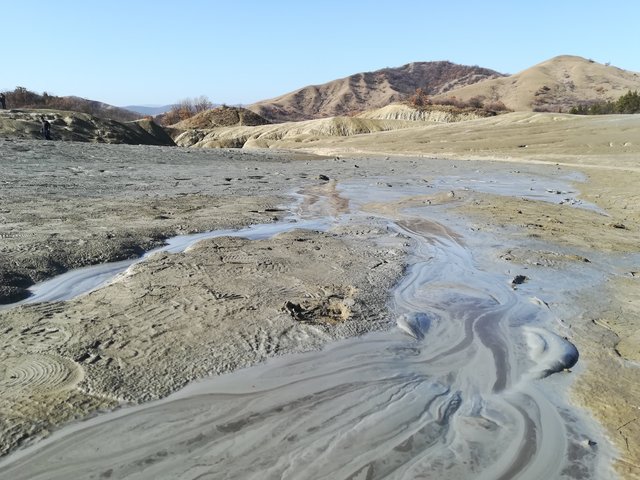
Congratulations @h0rn3t! You received a personal award!
You can view your badges on your Steem Board and compare to others on the Steem Ranking
Vote for @Steemitboard as a witness to get one more award and increased upvotes!